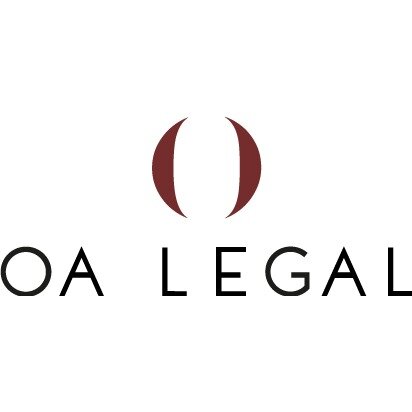Best Tax Lawyers in Geneva
Share your needs with us, get contacted by law firms.
Free. Takes 2 min.
List of the best lawyers in Geneva, Switzerland
About Tax Law in Geneva, Switzerland
Geneva, like every Swiss canton, has its own unique tax system. It encompasses various forms of taxation which include income tax, wealth tax, inheritance and gift taxes, property taxes, and others. Notably, the tax system in Geneva encourages business development with several taxation benefits and it is attractive to high net worth individuals due to the system of lump-sum taxation. It's important to seek a well-informed understanding of these aspects as they can significantly impact your financial planning.
Why You May Need a Lawyer
Managing your tax affairs in Geneva can be complex due to the bilingual nature of the region, the intricate nature of Swiss cantonal taxes, and the variations across different municipalities. You may need a tax lawyer to ensure you are compliant with all the tax regulations, to strategize and optimize your tax status, and to protect your rights when dealing with the tax authorities. Legal advice is particularly beneficial for businesses, expatriates, and anyone dealing with property acquisition or inheritance related tax issues.
Local Laws Overview
Geneva comprises several tax laws that vary based on the type of tax concerned. A principle feature of Swiss tax legislation is the system of tax at source, where tax is deducted directly from income. Geneva also imposes wealth tax on worldwide assets, which includes property. Inheritance tax in Geneva varies depending on the relation to the deceased, but spouses and direct descendants are usually exempt. For corporate entities, profit and capital are taxed, though a variety of beneficial treatment options are available.
Frequently Asked Questions
1. What is the basic income tax rate in Geneva?
The income tax rate in Geneva is progressive and depends on the type and amount of income. The combined cantonal, municipal and federal taxes can range from around 23% to 45% for higher income brackets.
2. Are there any tax benefits for businesses in Geneva?
Yes, the Canton of Geneva offers several deductions and tax breaks to businesses, particularly to companies that are considered to have economic benefits for the geographic area. Furthermore, the corporate tax reform 2020 has made Geneva more competitive for businesses with an effective tax rate at around 13.99%.
3. How are property taxes calculated in Geneva?
Properties in Geneva are subjected to an annual property tax based on the assessed tax value of the property, rather than the market value. This rate tends to range between 3% to 5%.
4. How does Geneva's lump-sum taxation work?
In Geneva, foreign citizens taking up residence in Switzerland for the first time, or after an absence of at least ten years, may be eligible for lump-sum taxation if they are not gainfully employed in Switzerland. The taxes are levied based on the taxpayer’s lifestyle and living expenses rather than their income and assets.
5. What happens if I don't pay my taxes in Geneva?
Failure to pay your taxes within the given deadline in Geneva may result in penalties. The tax authority will initially issue a reminder, then a formal demand and eventually can proceed to debt recovery proceedings. You could also be subjected to default interests.
Additional Resources
Additional help and information can be found at the Geneva Cantonal Tax Administration (AFC), the Swiss Federal Tax Administration (FTA), and through organizations like the Swiss Tax Institute. Various professional associations, such as the Geneva Bar Association, can also connect you with lawyers specializing in tax law.
Next Steps
If you need legal assistance in taxes, consider consulting with a lawyer who specializes in taxation in Geneva. They can provide comprehensive advice on navigating the tax laws and help you understand your obligations and rights. Prior to your consultation, gather all relevant tax documents and be prepared to discuss your specific situation.
Lawzana helps you find the best lawyers and law firms in Geneva through a curated and pre-screened list of qualified legal professionals. Our platform offers rankings and detailed profiles of attorneys and law firms, allowing you to compare based on practice areas, including Tax, experience, and client feedback.
Each profile includes a description of the firm's areas of practice, client reviews, team members and partners, year of establishment, spoken languages, office locations, contact information, social media presence, and any published articles or resources. Most firms on our platform speak English and are experienced in both local and international legal matters.
Get a quote from top-rated law firms in Geneva, Switzerland — quickly, securely, and without unnecessary hassle.
Disclaimer:
The information provided on this page is for general informational purposes only and does not constitute legal advice. While we strive to ensure the accuracy and relevance of the content, legal information may change over time, and interpretations of the law can vary. You should always consult with a qualified legal professional for advice specific to your situation.
We disclaim all liability for actions taken or not taken based on the content of this page. If you believe any information is incorrect or outdated, please contact us, and we will review and update it where appropriate.

















